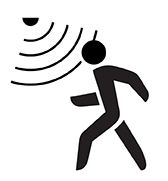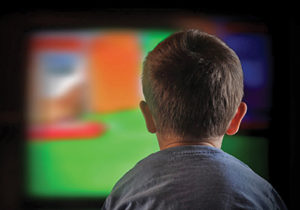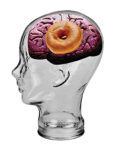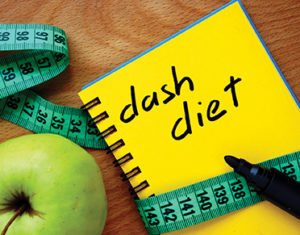“Smart” Senior Homes, Children’s Food Choices, Brain & Sugar
Posted on September 1, 2016 by bob in NewsUCanUse
“Smart Homes” and Senior Safety
Researchers in Singapore are using sensors to increase the safety of seniors who live independently in their own homes. As part of a three-year project, 50 one-bedroom apartments were equipped with door contacts and motion sensors to detect movement within the apartment or unusual periods of inactivity, a possible indication the tenant has fallen or suffered a health crisis. The information was fed to a volunteer organization staffed to react to potential emergencies. No camera-based or audio recording devices were used to respect the privacy of occupants. According to researchers, participant response has been encouraging, with no senior dropping out, and many urging friends to sign up for the pilot test. In addition, ten apartments were outfitted with personalized, sensor-equipped medication boxes that indicate when a particular section of the box is opened and closed.
— Singapore Management University

Food Commercials Influence Child’s Choices
A new study of the brain activity of children after watching food commercials found that the commercials influenced their food choices. Children and adolescents view 1,000 to 2,000 food ads annually, with food advertising to children a $1.8 billion business designed to affect their choices. Overall, researchers found children’s decisions were driven by tastiness rather than healthfulness, with tastiness increasing in importance after they watched food commercials. Food marketing has been cited as a significant factor in food choices, overeating, and obesity in children and adolescents.
— U. of Kansas Medical Center, U. of Missouri-Kansas City
Your Brain on Sweets

Researchers have discovered that the brain actively takes sugar from the blood, rather than it being a purely passive process as previously thought. According to researchers, the brain has the highest sugar consumption of all organs while also controlling hunger feelings. This is a significant shift in thinking that could help explain why it has been so difficult to develop safe, effective medicines for diabetes and obesity.
— Technical University of Munich

Gout and the Blood Pressure Diet
A new study shows the DASH diet — rich in fruits, vegetables, low-fat dairy, reduced in fats and saturated fats — appears to significantly lower uric acid, the causative agent of gout. The effect was so strong in some participants it was nearly comparable to that achieved with drugs specifically prescribed to treat gout. The findings, derived from a randomized clinical trial, could offer an effective, safe and sustainable dietary approach to lower uric acid and possibly prevent gout flare-ups in those with mild to moderate disease and who can’t or don’t want to take gout drugs. About 8.3 million people in the U.S. have gout.
— Johns Hopkins Medicine
Fidgeting as Exercise

Recent research has found that fidgeting while sitting can protect the arteries in legs and potentially help prevent arterial disease. Previous research has shown that sitting for an extended period of time at a computer or during a long airline flight reduces blood flow to the legs, which may contribute to the development of cardiovascular disease. While only one leg was exposed to fidgeting during the experiment, researchers recommend tapping both legs to maximize the beneficial effects. They also caution that fidgeting is not a substitute for walking and exercise, which produce more overall cardiovascular benefits. They recommend standing or walking to break up long periods of sitting, but if that’s not possible fidgeting can be a good alternative.
— U. of Missouri, Dept. of Nutrition and Exercise Physiology

Backup Plans May Hinder Goals
When setting goals, a backup plan has long been seen as a sensible way to deal with uncertainty, a path to take if things don’t go as expected. However, new research challenges that concept, suggesting merely thinking through a backup plan can hurt your chances of achieving your goal, particularly if the goal can be reached through personal effort. In such cases, having a back-up plan — a second option to reaching your goal — can reduce the effort put into achieving the original goal. Researchers found that if goals could be achieved by luck or innate skill, a backup plan had little effect on reducing goal performance.
— U.of Wisconsin-Madison









